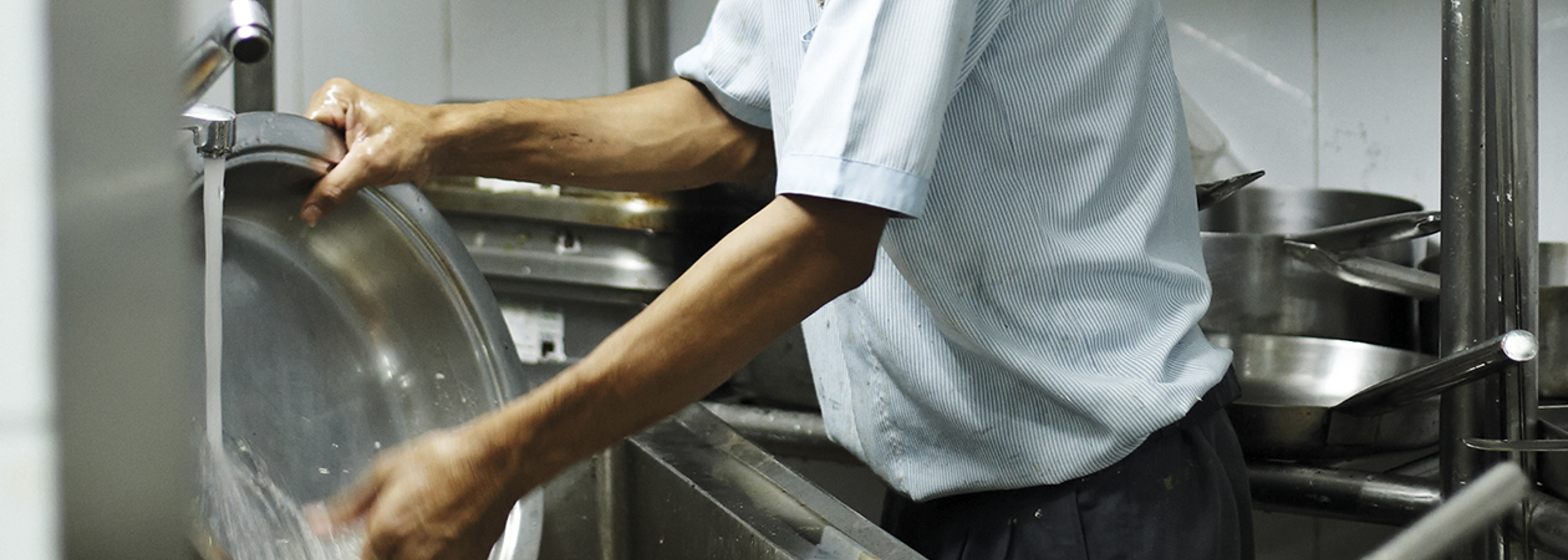Looking for a new role in environmental health?
Whether you're just starting out or ready for your next step, EHN Jobs connects you with the latest opportunities in environmental health across the UK.

When Chartered EHP Amanda Clarke found evidence of slavery in a rural Derbyshire takeaway, it tested all her resources emotionally and professionally.

Looking for a new role in environmental health?
Whether you're just starting out or ready for your next step, EHN Jobs connects you with the latest opportunities in environmental health across the UK.